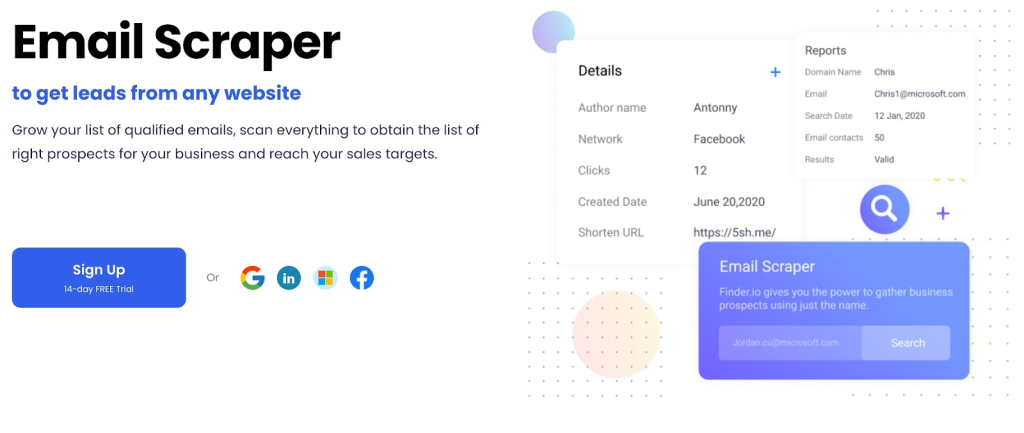Email Scraper Ethics: Navigating Data Privacy and Compliance
Email Scraper Ethics: Navigating Data Privacy and Compliance
In the digital age, data is king, and email scraping tools have become indispensable for businesses and researchers seeking to harness valuable information. In this article, we explore the world of email scraping, its applications, and how it can be a game-changer in various fields.
The Power of Email Scraping:
Begin by explaining the concept of email scraping and how it involves the automated extraction of email addresses from websites and online sources.
Email Scraping Applications:
Explore the diverse applications of email scraping, from lead generation and market research to academic studies and competitive analysis.
Web Crawling vs. Email Scraping:
Clarify the distinction between web crawling (collecting data for search engines) and email scraping (specifically targeting email addresses) to dispel misconceptions.

Email Scraping Tools and Techniques:
Discuss the various email scraping tools and techniques available, including Python scripts, browser extensions, and software solutions.
Ethics and Legal Considerations:
Address the ethical and legal aspects of email scraping, emphasizing the importance of compliance with data protection regulations.
Building Quality Email Lists:
Provide insights into how to use email scraping tools effectively to build high-quality contact lists for marketing and outreach.
Data Validation and Hygiene:
Explain the significance of data validation and hygiene in maintaining the accuracy and relevance of scraped email lists.
Overcoming Challenges:
Discuss common challenges in email scraping, such as What Does an Email Scraper Do and website structure, and suggest strategies for overcoming them.
Email Scraping Best Practices:
Offer best practices for responsible and effective email scraping, including respecting website terms of service and user consent.
Future Trends in Email Scraping:
Conclude the article by speculating on the evolving landscape of email scraping, including emerging technologies and potential ethical guidelines.

